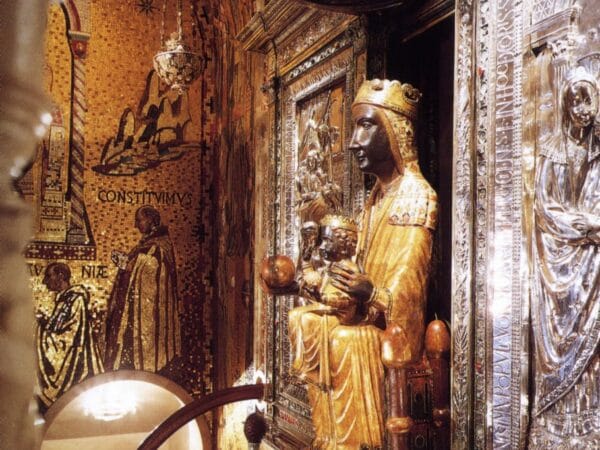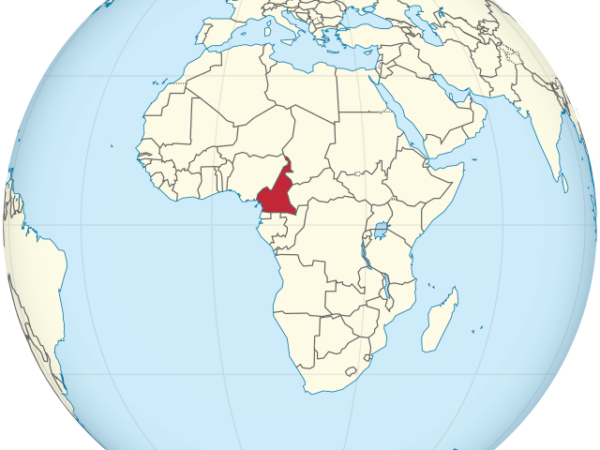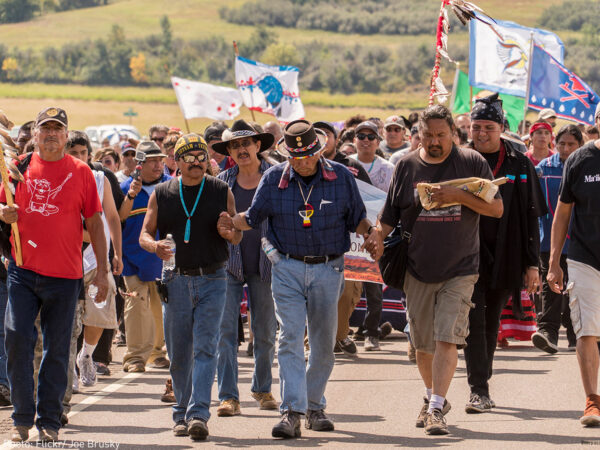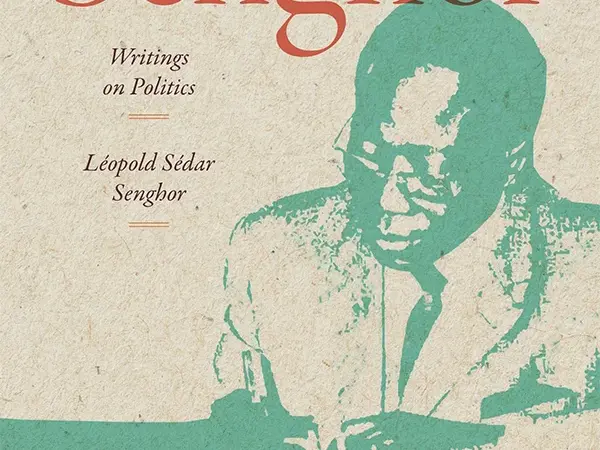
Translating Senghor’s political writings shows the continued relevance of Negritude in the conceptualization of political community in the wake of the encounter between Africa and Euro-America. However, framing the translation, like engaging any of Senghor’s work, ought to pay close attention to his African critics.
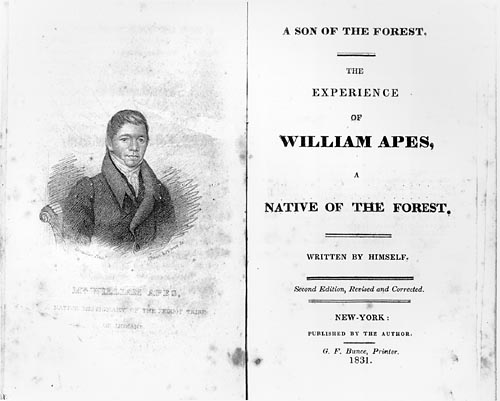
William Apess, like Walter Benjamin a century later, sought to shift the paradigms of society with history and theology as orienting poles for colonial critique. Anticipating Benjamin, Apess looked to those who had been wrecked by the advance of colonialism as the grounding site for historical and political theological inquiry.
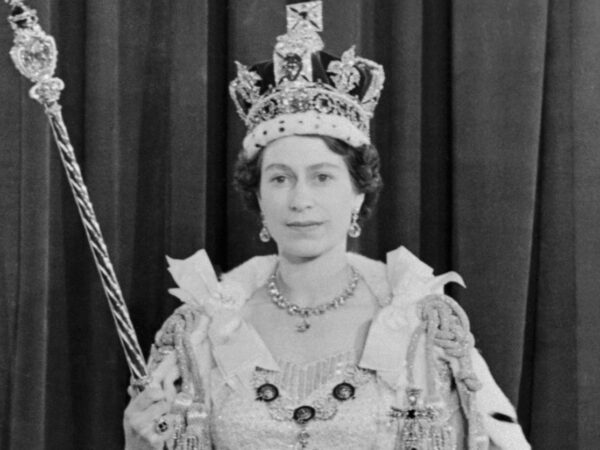
People need structures to believe in, to focus their hopes and fears on – and when those structures disappear, the rupture can be disturbing, as those energies quickly get re-configured around something else.
